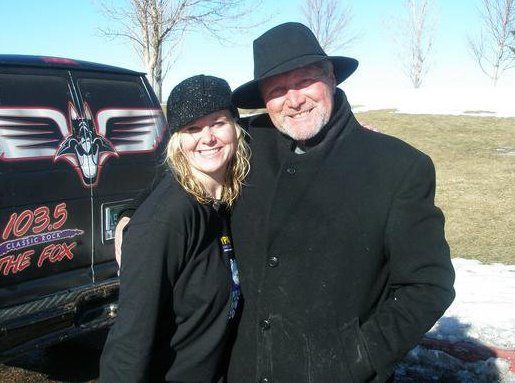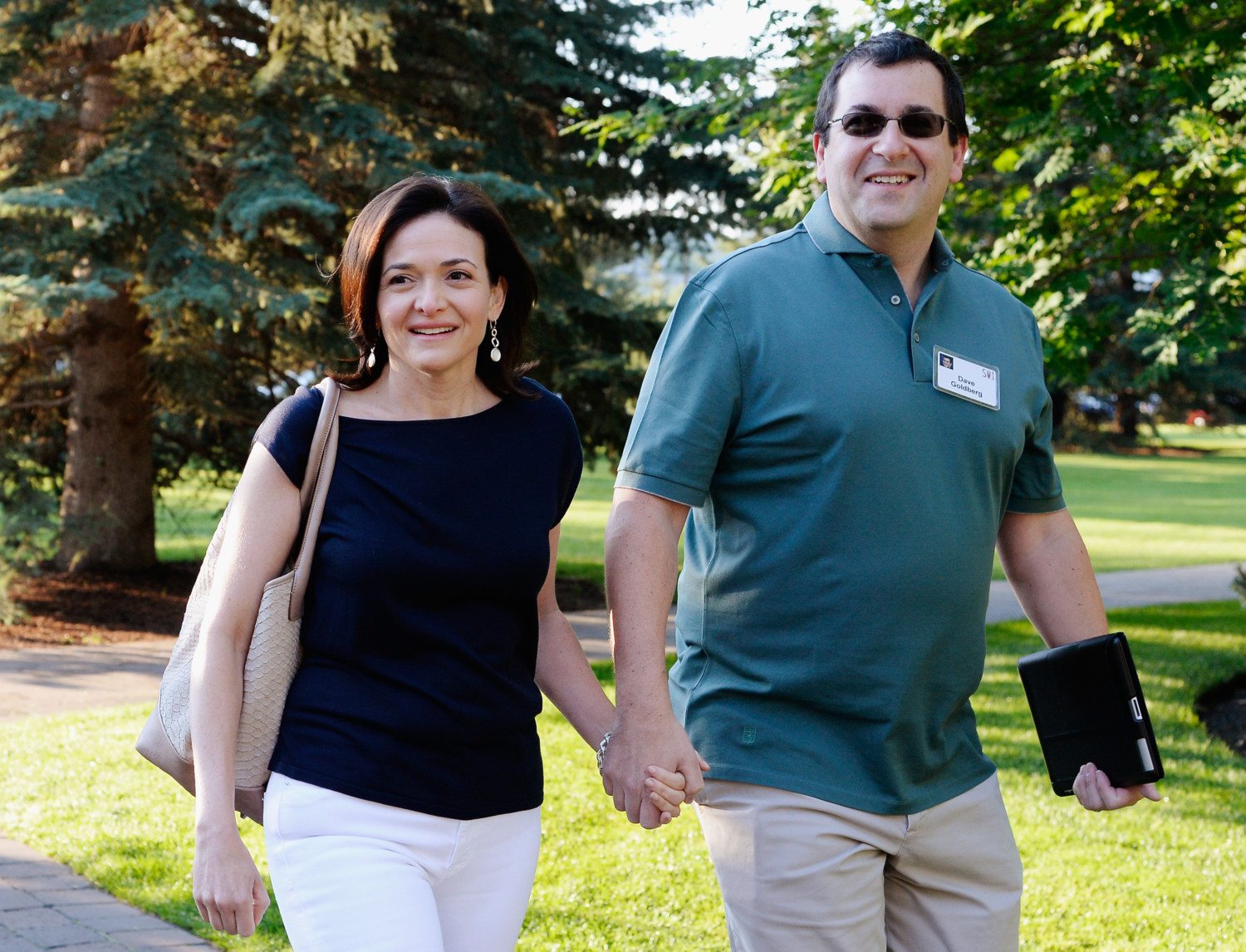5 mistakes we make when trying to comfort friends who are grieving during the holidays

Around Christmastime in 2010, my father entered hospice care. It felt like a peaceful surrender to a quick, but intense, battle with cancer. He died in December of that year, and every holiday season, my emotions are mixed.
I love the joy of the holidays. But mixed with that is sadness, anxiety and the reminder that life can be brutally unpredictable. Shortly before he passed away, my father had just retired, and was doing calisthenics workouts so he could launch a surprise dunk on me when we played driveway basketball, a game we played at most holiday gatherings. Then, within months, he had a cancer diagnosis and his body became so frail, he couldn’t climb the stairs on his own.
Here’s a photo of my dad and me.
After his death, and during the holiday season, there were some sentiments that felt great to hear: A middle-school friend who reached out on Facebook and shared memories of my dad taking us to Nuggets basketball games. My close friend made a donation in my father’s name to a charity. And, my mom and I would laugh about how it would take my dad and hour to wrap a single present.
But others attempts to offer condolences felt harsh. An acquaintance likened my dad’s battle with cancer, including rounds of chemo and radiation, to his own back pain. When I heard people complain about their crazy families during the holidays, I felt a bizarre jealousy creep up—because their families were still intact.
Perhaps the most stinging were comments like, “At least you had 27 years with him.” Because, from my perspective, my relationship with my dad felt cut short: I wanted him to walk me down the aisle one day and become a grandfather to my future children.
While I’m in the later stages of my grief, my own experience now makes me acutely aware that the most wonderful time of year, for some, can actually be the most difficult. For friends who have recently lost a loved one, or who are grappling with grief or who have a family member who is terminally ill, the holidays can be emotionally grueling. That’s partly because traditions, family and togetherness are often cornerstones of holiday celebrations.
“If the grief is fresh, holiday cheer can seem like an affront. Celebrations may underscore how alone people feel,” says Dr. Michael Miller, former editor of the Harvard Mental Health Letter.
Do you find yourself searching for the right words to say to someone who is grieving during the holidays? To help, I’ve turned to some experts to compile some common mistakes that, while well-intentioned, can actually be more hurtful than helpful to someone who is grieving.
1. Not Saying Anything At All
Facebook COO Sheryl Sanberg, whose husband passed away suddenly in 2015, says there are huge “self-help” sections in bookstores. But there’s no “help others” section.
“When people are kind and can acknowledge what’s happening, that’s really important,” Sandberg told USA Today in an interview.
That starts by reaching out in a genuine way, says Sanberg, the author of “Option B: Facing Adversity, Building Resilience, and Finding Joy.” She suggests looking at someone and saying: “I know this is so hard, and I just want you to know I’m here to go through this with you.”
2. Telling Them How They Should Feel
One of the most common things people say to those mourning the death of someone who battled a long illness is, “At least he or she isn’t suffering anymore.” That may be true, but the reality is that it doesn’t do much to comfort the family members who are longing for that person to be alive and with them during the holidays.
“There are so many things that folks say that are not helpful, mostly when we tell people what to do, what to believe and how not to feel,” explains grief expert Helen Harris, assistant professor at Baylor University’s School of Social Work. “Examples are: ‘God needed another angel’ or ‘At least you had him for x-amount of years’ or ‘You shouldn’t feel sad. He isn’t suffering anymore.’”
If you’re at a loss for words, Harris says it’s OK to say: “I don’t know what to say but I want you to know that I care.”
But don’t ignore the fact that a love one has passed away. It’s also a kind gesture to honor the lost friend or family member during the holidays. For example, you could serve one of their favorite recipes at a holiday meal.
“I recommend families find a way to include the lost loved one in the holidays: to light a candle on the mantel to burn through the day as a symbol of his continued presence or to make an ornament with her name and place it on the tree,” Harris says.
3. Talking Too Much
It’s best to listen. Harris says this: “I ask the bereaved person to tell me what the experience is like for them and I ask what helps or doesn’t help them.”
Also, you can ask if there is a holiday-related task they need help with this season. When you’re grieving, it can be difficult to muster the energy to string Christmas lights or brave busy malls to finish your shopping.
4. Expecting Them To “Get Over It”
Adjusting to loss is a long process, and it tends to get worse before it gets better, explains Harris. Those who are not closely connected to the loss will move on with their busy lives, while the person who has lost a family member will experience a “fresh loss” over and over again for the first year when they reach Thanksgiving, Christmas, a birthday, anniversary or other milestone without the person with whom they used to share those special moments. You can take time to look through old photos or tell stories if your friend is ready. But don’t push it, Harris suggests.
5. Saying “I know How You Feel”
While you may feel as though you’re connecting with someone, grief experts say this can discount the bereaved individual’s unique experience and circumstances. It’s better to give the person a chance to identify how he or she is feeling.










